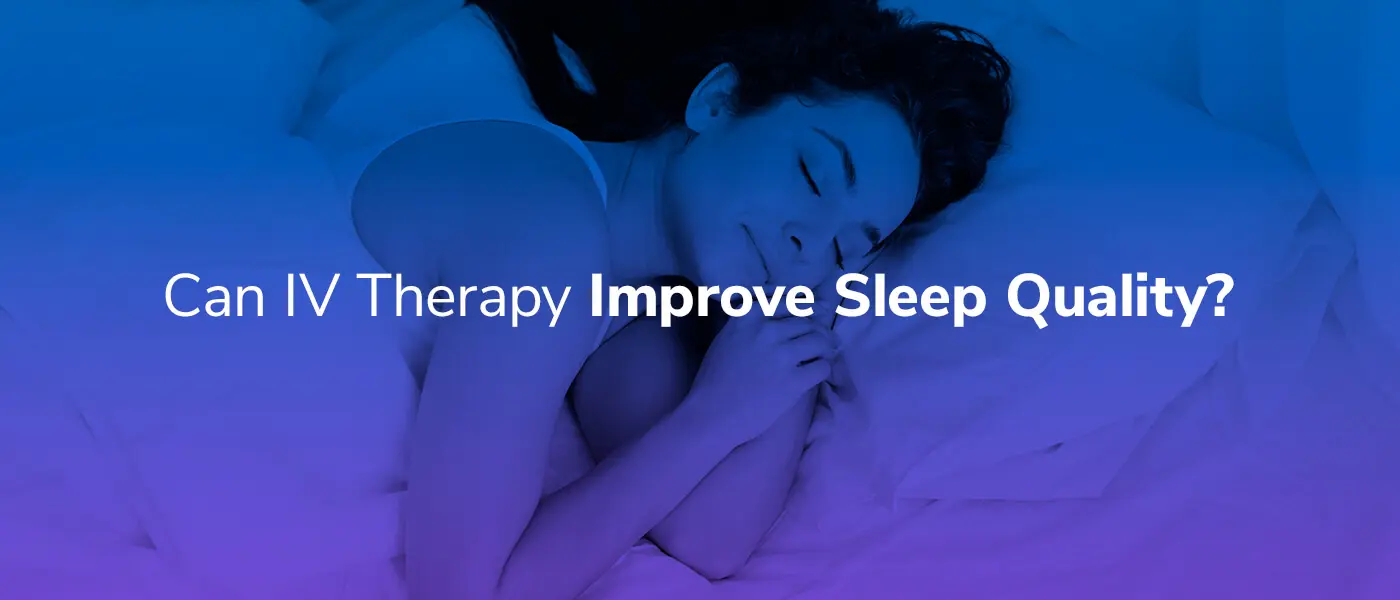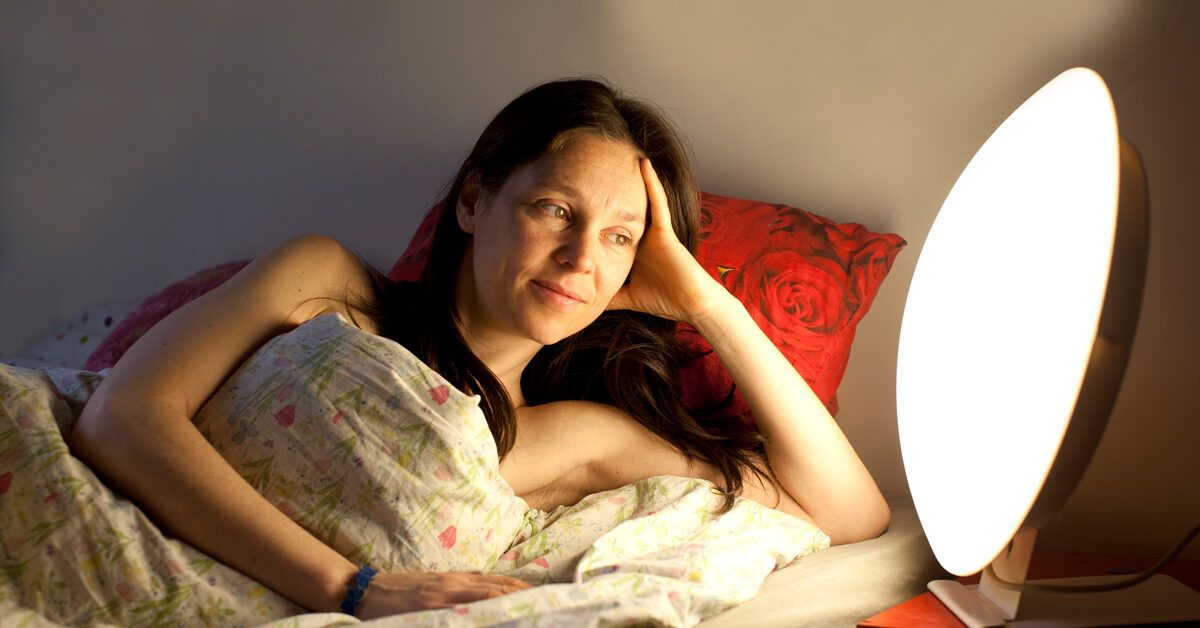Reliable Insomnia Therapy - Restore Your Restful Nights
Reliable Insomnia Therapy - Restore Your Restful Nights
Blog Article
Efficient Treatment Solutions for Managing Sleep Disorders and Enhancing Restful Sleep
In the realm of health care, the monitoring of sleep conditions and the quest for peaceful rest are critical components of general well-being. As we navigate the complex landscape of sleep conditions and look for to enhance our rest experience, a much deeper understanding of these treatment solutions might hold the trick to opening a much more rejuvenating and satisfying corrective trip.
Cognitive Behavior Modification for Sleep Problems (CBT-I)
Cognitive Behavior Modification for Sleep Problems (CBT-I) is a structured, evidence-based treatment method that focuses on addressing the underlying factors adding to rest disturbances. This kind of therapy intends to change actions and ideas that aggravate sleeplessness, ultimately promoting healthy rest patterns. CBT-I typically involves several essential elements, consisting of cognitive treatment, rest restriction, stimulation control, and rest health education.
Cognitive therapy assists individuals recognize and change adverse idea patterns and ideas regarding sleep that may be preventing their capability to drop or stay asleep. Sleep constraint includes restricting the quantity of time invested in bed to match the individual's actual rest period, therefore raising rest effectiveness (cognitive behavioral therapy for insomnia (CBT-I)). Stimulation control methods help establish a strong association between the bed and rest by motivating people to head to bed only when sleepy and to prevent engaging in boosting activities in bed
In addition, rest hygiene education and learning concentrates on establishing healthy and balanced sleep routines, such as preserving a consistent rest routine, producing a relaxing bedtime regimen, and optimizing the rest setting. By attending to these elements thoroughly, CBT-I uses an effective non-pharmacological treatment for managing sleep problems and enhancing overall rest quality.
Sleep Hygiene Practices
Having developed the foundation of cognitive restructuring and behavioral modifications in dealing with sleeping disorders via Cognitive Behavioral Treatment for Sleep Problems (CBT-I), the emphasis currently shifts in the direction of discovering important Sleep Health Practices for maintaining ideal rest top quality and general well-being.
Sleep health practices incorporate a range of behaviors and environmental variables that can substantially influence one's ability to sleep and stay asleep throughout the evening. Consistent sleep and wake times, producing a relaxing bedtime routine, and enhancing the rest setting by keeping it dark, silent, and cool are vital components of great rest health. Limiting exposure to displays prior to going to bed, preventing stimulants like caffeine near to going to bed, and taking part in regular exercise throughout the day can likewise promote far better sleep high quality.
Additionally, exercising relaxation methods such as deep breathing exercises or meditation prior to bed can help soothe the mind and prepare the body for sleep. By incorporating these rest health practices right into one's everyday routine, individuals can develop a healthy sleep pattern that sustains peaceful sleep and general wellness.
Leisure Methods and Mindfulness
Executing leisure strategies and mindfulness methods can play a pivotal role in promoting a sense of tranquility and promoting quality rest. insomnia therapy. These techniques intend to silent the mind, minimize anxiety, and produce an optimal atmosphere for relaxed rest. One widely practiced approach is deep breathing workouts, where people concentrate on sluggish, deep breaths to relax the body and mind. Dynamic muscle leisure involves tensing and after that releasing each muscle mass team, promoting physical relaxation. In addition, guided imagery can her latest blog aid carry people to a relaxed place in their minds, assisting in anxiety decrease and improving rest high quality.
By including these techniques right into a bedtime routine, individuals can signify to their bodies that it is time to unwind and prepare for sleep. In general, integrating leisure techniques and mindfulness practices can considerably contribute to managing sleep problems and improving general sleep quality.

Medication Options for Sleep Disorders
After exploring relaxation methods and mindfulness techniques as non-pharmacological treatments for improving rest quality, it is vital to take into consideration medication choices for people with sleep conditions. In cases where way of living changes and therapy do not provide sufficient alleviation, medicine can be a beneficial device in taking care of sleep disturbances.
Commonly suggested medications for sleep problems consist of benzodiazepines, non-benzodiazepine hypnotics, antidepressants, and melatonin receptor agonists. Antidepressants, such as trazodone, can be valuable for people with the original source co-occurring anxiety and rest disturbances - natural insomnia remedies.
It is crucial for people to seek advice from a doctor to establish one of the most appropriate drug alternative based upon their particular rest condition and case history.
Light Treatment for Body Clock Policy
Light therapy, likewise referred to as photo-therapy, is a non-invasive therapy approach utilized to regulate body clocks and boost sleep-wake cycles. This treatment involves direct exposure to bright light that simulates natural sunshine, which assists to reset the body's interior clock. By revealing people to details wavelengths of light, normally in the morning or night depending on the desired result, light treatment can effectively change the body clock to advertise wakefulness during the day and enhance relaxing rest at evening.
Study has revealed that light treatment can be particularly helpful for individuals with circadian rhythm problems, such as postponed sleep stage disorder or jet lag. It can also be practical for those experiencing seasonal depression (SAD), a kind of clinical depression that usually occurs throughout the wintertime months when natural light exposure is minimized. Light treatment is generally well-tolerated and can be utilized in conjunction with various other therapy approaches for rest problems to enhance end results and improve overall sleep top quality.
Conclusion
In verdict, reliable therapy services for handling sleep disorders and enhancing peaceful rest include Cognitive Behavioral Therapy for Insomnia (CBT-I), sleep sleepless disease hygiene practices, leisure strategies and mindfulness, medication options, and light treatment for body clock regulation. These methods can assist individuals improve their sleep high quality and overall well-being. It is very important to seek advice from a doctor to identify one of the most ideal method for dealing with sleep problems.
As we browse the complex landscape of rest disorders and seek to improve our sleep experience, a much deeper understanding of these therapy options might hold the key to opening a much more refreshing and satisfying restorative trip.
Sleep restriction involves restricting the amount of time invested in bed to match the individual's real rest duration, therefore enhancing rest performance. Consistent sleep and wake times, producing a relaxing bedtime regimen, and enhancing the rest environment by keeping it dark, peaceful, and cool are essential components of great sleep hygiene. Light therapy is usually well-tolerated and can be utilized in combination with other therapy techniques for rest disorders to enhance outcomes and improve total sleep top quality.

Report this page